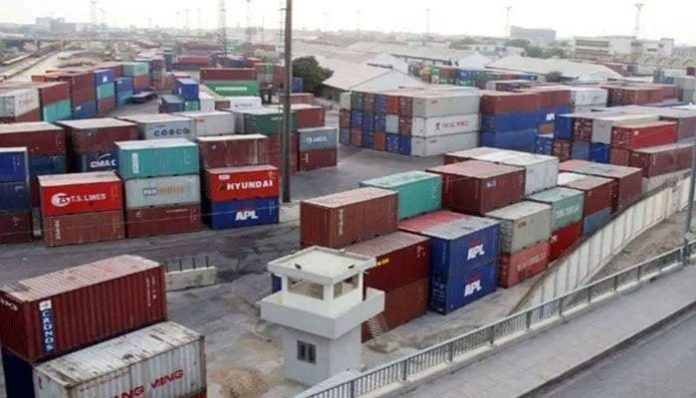The prospect of a trade agreement between Pakistan and India presents both promise and challenge. As highlighted by Bloomberg and Finance Minister Ishaq Dar, such an agreement holds significant potential benefits for Pakistan, particularly in terms of boosting exports. The World Bank’s estimate of an 80 percent increase in exports, translating to approximately $25 billion, underscores the substantial economic gains at stake.
However, several obstacles complicate the path to such an agreement. Foremost among these is the glaring economic asymmetry between the two nations, with India’s economy dwarfing Pakistan’s by a factor of ten. This power differential may lead to apprehensions on India’s part about the potential impact on its local producers if it were to open its markets to Pakistan.
Moreover, the political landscape adds further complexity, particularly with India’s upcoming general elections. Pakistani diplomats may find it prudent to await a more opportune moment to broach trade discussions, potentially after the reelection of Prime Minister Modi, who has previously demonstrated a willingness to engage with Pakistan.
Despite these challenges, there are compelling reasons for both sides to pursue closer trade relations. Pakistani businessmen are eager to tap into the opportunities afforded by normalized trade, even though their advocacy may be limited in India, especially in the wake of Nawaz Sharif’s tenure.


